Cybersecurity Certifications For Beginners | Top Certifications to Kickstart Your Career
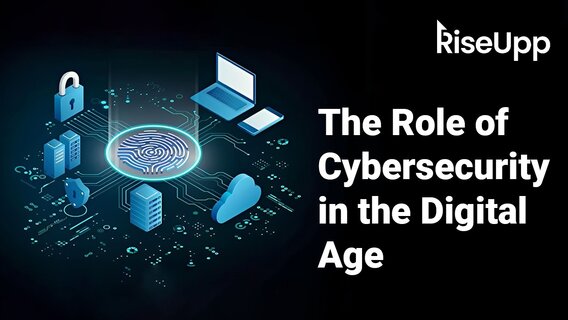
In today's digital age, the importance of cybersecurity cannot be overstated. With the increasing reliance on technology in every aspect of our lives, from personal communications to critical infrastructure, the need for robust cybersecurity measures has never been more critical. This blog delves into the role of cybersecurity in the digital era, with a special focus on cybersecurity certifications for beginners, which can serve as a stepping stone for those looking to enter the field.
The Growing Importance of Cybersecurity
The Digital Transformation
The digital transformation has revolutionized the way businesses operate, offering unprecedented opportunities for innovation and efficiency. However, this shift has also introduced new vulnerabilities. As companies migrate to cloud services, adopt Internet of Things (IoT) devices, and rely on big data analytics, the attack surface for cyber threats expands.Cyber Threat Landscape
The cyber threat landscape is continually evolving, with cybercriminals employing increasingly sophisticated techniques. From ransomware attacks to phishing schemes, the range of threats is vast and constantly changing. The financial and reputational damage from such attacks can be devastating, making cybersecurity a top priority for organizations of all sizes.The Fundamentals of Cybersecurity
What is Cybersecurity?
Cybersecurity involves protecting systems, networks, and data from digital attacks. It encompasses a variety of practices and technologies designed to safeguard information integrity, confidentiality, and availability.
Core Principles of Cybersecurity
Confidentiality: Ensuring that sensitive information is accessible only to those authorized to view it.
Integrity: Protecting information from being altered or tampered with.
Availability: Ensuring that information and systems are accessible when needed.
Why Pursue Cybersecurity Certifications?
Benefits of Cybersecurity Certifications
Obtaining a cybersecurity certification provides several benefits, especially for beginners:
- Validation of Skills: Certifications validate your skills and knowledge, making you more attractive to employers.
- Competitive Edge: They give you an edge over other candidates in a competitive job market.
- Higher Earning Potential: Certified professionals often earn higher salaries than their non-certified counterparts.
- Career Advancement: Certifications can open doors to advanced positions and specialized roles.
Career Opportunities
Cybersecurity certifications can lead to a variety of career opportunities, including roles such as:
- Security Analyst
- Network Security Engineer
- IT Security Consultant
- Cybersecurity Manager
- Ethical Hacker
Top Cybersecurity Certifications for Beginners
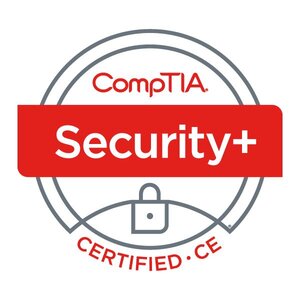
1. CompTIA Security+
CompTIA Security+ is an entry-level certification that covers the foundational principles of network security and risk management. It is recognized globally and provides a solid grounding in various cybersecurity concepts.
- Topics Covered: Threats, attacks, vulnerabilities, identity management, cryptography, risk management, and network security.
- Cost: Approximately ₹30,000
- Exam Format: Multiple-choice and performance-based questions
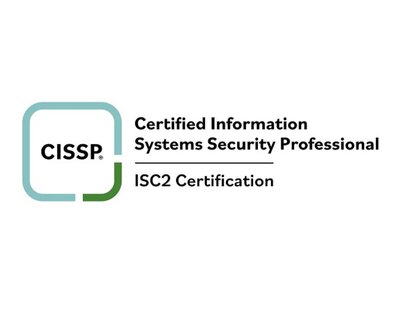
2. Certified Information Systems Security Professional (CISSP)
While CISSP is often considered an advanced certification, it’s also suitable for beginners with a strong IT background who are looking to advance their careers rapidly.
- Topics Covered: Security and risk management, asset security, security architecture and engineering, communication and network security.
- Cost: Approximately ₹55,000
- Exam Format: Multiple-choice and advanced innovative questions
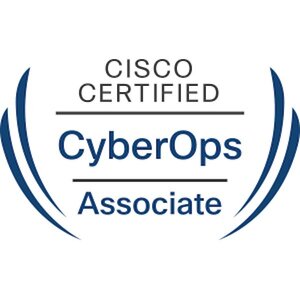
3. Cisco Certified CyberOps Associate
This certification is designed for individuals pursuing a career in cybersecurity operations. It covers essential skills needed to detect and respond to cybersecurity threats.
- Topics Covered: Security monitoring, host-based analysis, network intrusion analysis, security policies and procedures.
- Cost: Approximately ₹24,000
- Exam Format: Multiple-choice and simulation-based questions
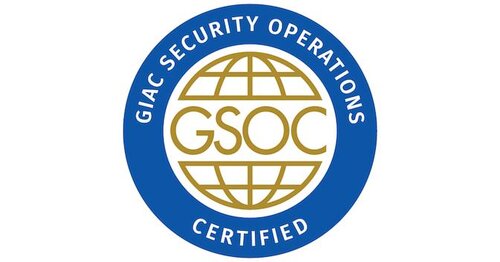
4. GIAC Security Essentials (GSEC)
GSEC is a well-rounded certification that covers a wide range of security topics and is suitable for those who have some background in IT but are new to cybersecurity.
- Topics Covered: Access control, password management, network protocols, cryptography, incident handling.
- Cost: Approximately ₹1,50,000
- Exam Format: Multiple-choice questions
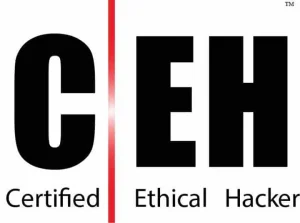
5. Certified Ethical Hacker (CEH)
CEH certification is ideal for those interested in learning the techniques used by hackers and how to defend against them. It focuses on ethical hacking and penetration testing.
- Topics Covered: Reconnaissance, system hacking, web application hacking, wireless network hacking, cryptography.
- Cost: Approximately ₹1,00,000
- Exam Format: Multiple-choice questions
How to Choose the Right Certification?
When choosing a cybersecurity certification, consider the following factors:
- Your Current Skill Level: Assess your existing knowledge and experience in IT and cybersecurity.
- Career Goals: Identify your long-term career aspirations and choose a certification that aligns with them.
- Industry Demand: Research the certifications that are most sought after by employers in your desired industry.
- Cost and Time Investment: Consider the financial and time commitments required to obtain the certification.
Preparing for Cybersecurity Certification Exams
To successfully pass your cybersecurity certification exam, follow these study tips:- Create a Study Plan: Allocate specific times for study and stick to a schedule.
- Use Official Study Materials: Utilize books, online courses, and practice exams provided by the certification body.
- Join Study Groups: Collaborate with others preparing for the same exam to share knowledge and resources.
- Practice Hands-On Skills: Gain practical experience through labs and real-world scenarios.
What Are The Career Pathways After Certification ?
- Entry-Level Jobs
1. Security Analyst:
2. IT Support Specialist:
3. Network Administrator:
4. Penetration Tester:
Future Certification Opportunities
Once you gain experience and establish yourself in the field, consider advancing your career with higher-level certifications such as:
Conclusion
Cybersecurity is a dynamic and rewarding field with immense growth potential. For beginners, obtaining cybersecurity certifications is a crucial step towards building a successful career. By choosing the right certification, preparing diligently, and gaining practical experience, you can position yourself for a promising future in cybersecurity. Whether you aspire to be a security analyst, ethical hacker, or cybersecurity consultant, the certifications mentioned in this guide will help you get started on the right path. Embrace the journey, continue learning, and stay updated with the latest trends and technologies in the ever-evolving world of cybersecurity.By following this comprehensive guide, you can make informed decisions and take the necessary steps to achieve your cybersecurity career goals. Whether you are just starting or looking to enhance your skills, these certifications will provide a strong foundation and open doors to numerous opportunities in the cybersecurity domain.
FAQ'S
1. What is the best cybersecurity certification for beginners?
- Answer: The CompTIA Security+ certification is widely recognized as the best starting point for beginners. It covers fundamental cybersecurity principles and is globally recognized.
2. How long does it take to earn a cybersecurity certification?
- Answer: The time required varies by certification. For example, CompTIA Security+ may take a few months of preparation, while advanced certifications like CISSP may require several months to a year.
3. Are cybersecurity certifications worth the investment?
- Answer: Yes, cybersecurity certifications validate your skills, make you more competitive in the job market, and can lead to higher salaries and career advancement opportunities.
4. Do I need an IT background to pursue cybersecurity certifications?
- Answer: While an IT background is helpful, some certifications like CompTIA Security+ and GIAC Security Essentials are designed to be accessible for beginners with limited IT experience.
5. Which certification should I choose if I want to become an Ethical Hacker?
- Answer: The Certified Ethical Hacker (CEH) certification is ideal for those interested in learning ethical hacking techniques and pursuing a career as a penetration tester.
6. What are the costs associated with cybersecurity certifications?
- Answer: Certification costs vary, ranging from approximately ₹24,000 for Cisco Certified CyberOps Associate to ₹1,50,000 for GIAC Security Essentials. It's essential to consider both the cost and the time investment when choosing a certification.